Rosemary is a powerful herb that originates from the Mediterranean region. Its name is derived from the Latin ros marinus, meaning dew of the sea, due to the fact that it was first seen growing along the coastline of the Mediterranean Sea.
Rosemary has been used for thousands of years in cooking and medicine and is celebrated for its ability to stimulate the mind, enhance memory and improve concentration. Rosemary is very hardy and looks somewhat like the pine needles of a fir rather than a cooking herb.
The needles of the herb, which is a member of the mint family, are extremely sharp, making this herb suitable for meat dishes such as stews or roasts.
Grow rosemary in a pot. The herb features frequently in Mediterranean cooking, where some chefs would not be able to cook certain meats without it. It is an excellent flavor for lamb, pork and chicken in particular. Rosemary has a very strong aroma and should therefore be used sparingly.
This green spice is one of the few herbs that dries really well, due to the fact that there is a lot of rosemary oil contained in its leaves. Therefore, rosemary can be used fresh or dried in cooking, with the same results either way, with a strong and appetizing flavor.
In some cases, dried rosemary is actually more pungent than fresh rosemary and should not be used as liberally as the fresh version, so as not to overpower the flavors in the dish.
Rosemary has been used both medicinally and cosmetically for several thousand years. In various civilizations rosemary has been a symbol of many important qualities such as loyalty between friends, memory, love and fidelity, and even love and death.
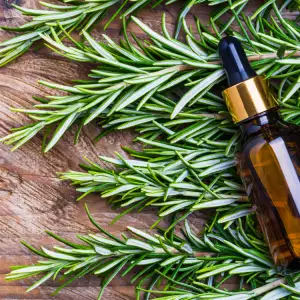
First of all, most importantly for most people both in the past and nowadays, rosemary is primarily associated with the mind and its ability to strengthen memory and enhance mental power.
It was once not uncommon to see Greek and Roman students wearing a garland or braid of rosemary in their hair while studying and taking exams.
Herbalists have used rosemary for centuries to treat a range of skin problems; Rosemary also invigorates when you feel anxious, nervous or depressed. Rosemary is a herb that contains many vitamins and minerals.
Rosemary has many medicinal properties and is probably best known for its ability to calm the nervous system, relieve pain and as a refreshing and rejuvenating skin tonic.
Composition of Rosemary
Fresh and dried rosemary contain the same nutrients but vary in amounts. For example, fresh rosemary is a good source of manganese, but when dried, some of the manganese is lost through the drying process. On the other hand, dried rosemary contains a significantly higher amount of calcium and iron.
Fresh rosemary, which is used in larger quantities than dried rosemary, is an excellent source of vitamins A and C, iron, calcium, folate and manganese. It is also a good source of vitamin B6, magnesium, potassium and copper.
Medicinal properties of rosemary
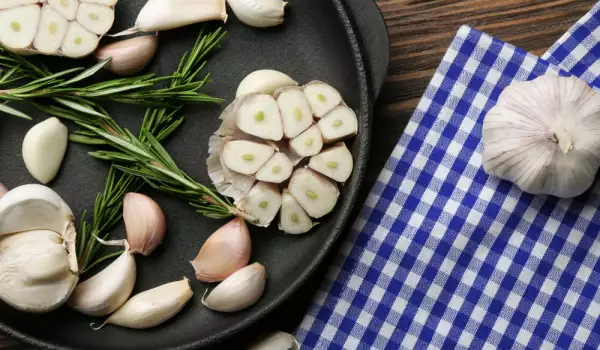
- Rosemary protects against cancer, especially skin cancer and tumors and has antioxidant properties;
- Rosemary essential oil has antibacterial and antifungal properties;
- Rosemary can stimulate blood circulation in the body;
- May help raise low blood pressure;
- The herb promotes digestion in the stomach;
- Rosemary can relieve flatulence, colic pains in babies, gas and indigestion;
- Can relieve depression, anxiety and nervousness;
- Can relieve headaches;
- Due to its anti-inflammatory properties rosemary can help with arthritic and rheumatoid pain;
- When applied to the hair as a lotion, rosemary can treat dandruff, promote hair growth, keep hair healthy and shiny and create highlights in dark hair;
- Can revive tired and pale skin;

- Rosemary can relax the muscles of the body and can help with any kind of spasms. Can be used for massages;
- Rosemary improves blood flow to the brain, which can improve concentration and memory - rosemary is a brain tonic;
- Claimed to delay or prevent baldness;
- Rosemary can stimulate the body to produce sweat by stimulating the skin, which will help with sweating during fever, flu or colds;
- It is good for relieving phlegm from the chest;
- Rosemary keeps the skin looking young and can slow down the aging process;
- Can help with lethargy and exhaustion and restore energy levels;
- It is an antiseptic;
- Can help treat respiratory and lung problems when rubbed or inhaled with a steam bath;
- Rosemary can relieve pain during the monthly cycle; -
Cooking with Rosemary

Rosemary is an extremely hardy plant. It is one of the few herbs, whose aroma is not completely lost during cooking and also dries very well.
Fresh rosemary should be stored in the original package or wrapped in a damp paper towel and stored in the refrigerator;
When cooking with rosemary, first, you have to remove the needles from the stems and discard the stems. Some people prefer the needles to be finely chopped or crushed before use;
Alternatively, whole sprigs of rosemary can be added to soup or stew to add flavor during cooking, but should be removed before serving.
Rosemary is commonly used as a spice for lamb and pork dishes, but there are many other delicious options for how to cook with rosemary. There are a number of ideas below.
- Use to prepare homemade stuffing;
- Add to soups for flavoring;
- Mix with garlic and use as a seasoning for lamb or chicken;
- Add to the melted butter and pour over the boiled potatoes and vegetables;
- Add chopped rosemary to an omelet, scrambled eggs or frittata.
- Wrap rosemary leaves around pieces of chicken, pork or lamb and roast;
- Use rosemary for grilled fish;
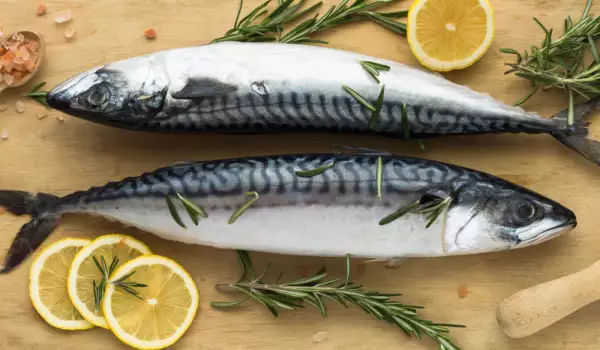
- Add to tomato sauces and soups;
- Add to olive oil and serve on toast;
- Use to flavor homemade breads and savory crackers.
- Add to lentils and bean stew.
Read more:
- Why drink rosemary tea;

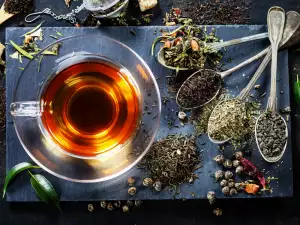
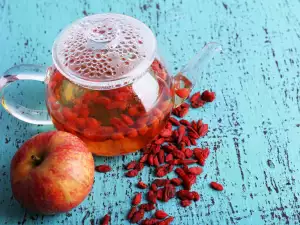

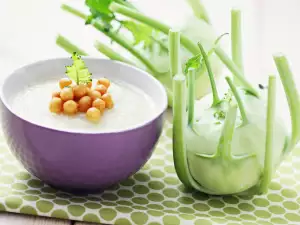



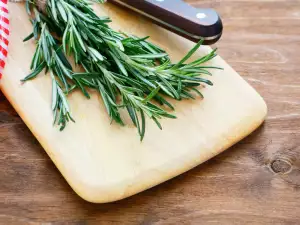

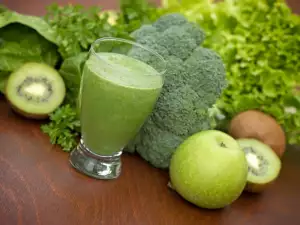


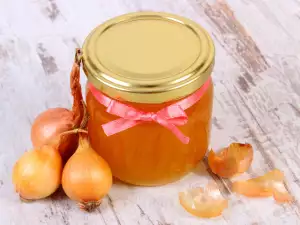
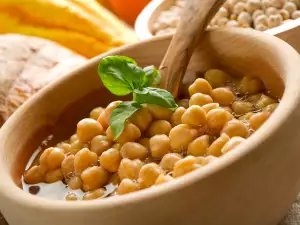
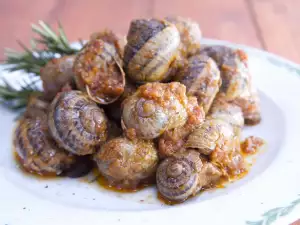




Comments